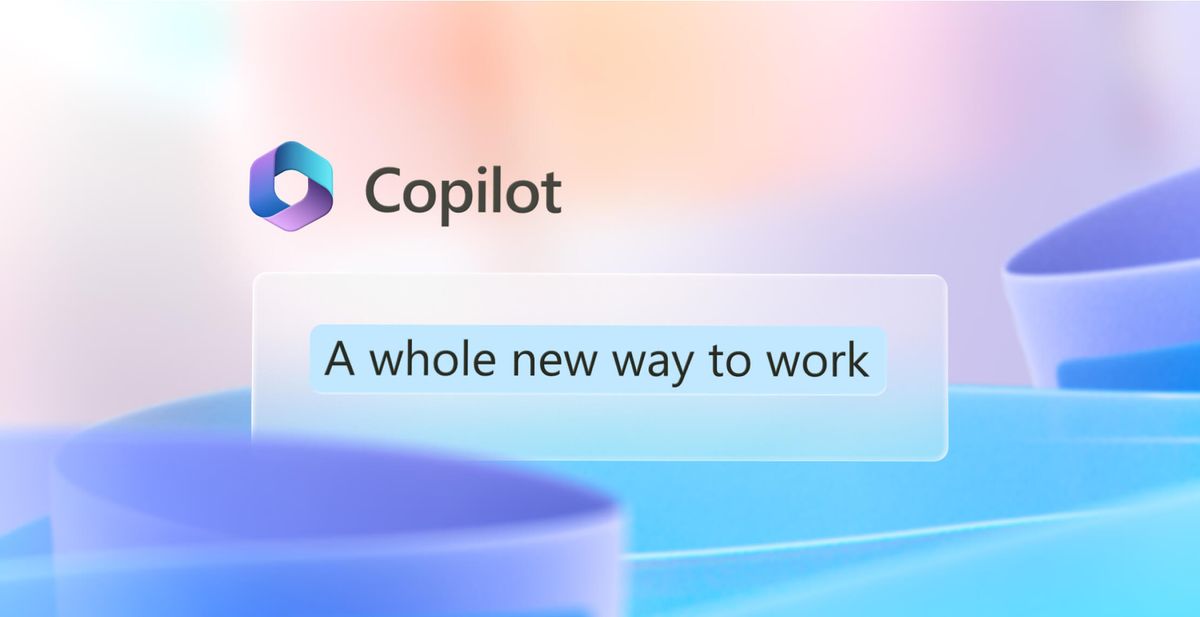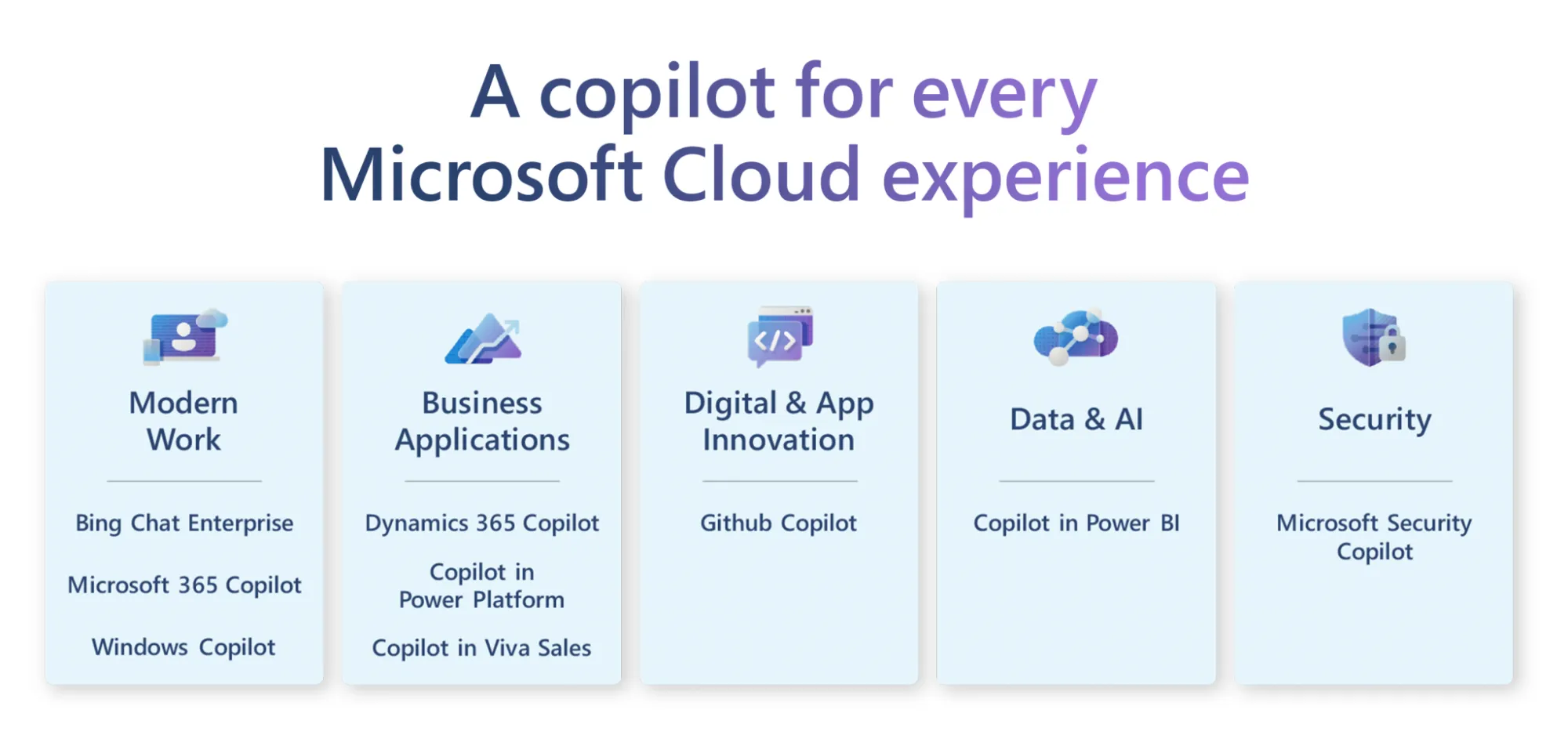
Microsoft has announced a new Copilot Copyright Commitment to defend and indemnify customers against copyright infringement lawsuits resulting from their use of Microsoft's AI-powered tools like GitHub Copilot and Microsoft 365 Copilot.

Since their release, Microsoft's copilots have added a layer of efficiency and creativity to tasks ranging from coding to data analysis. However, this has not assuaged concerns by many users over intellectual property (IP) infringement. Businesses, artists, and authors are questioning how AI-generated content intersects with existing copyright laws, creating a cloud of uncertainty for commercial users.
Microsoft says its copilot services incorporate guardrails such as classifiers, metaprompts, and content filtering technologies designed to reduce the likelihood of producing infringing content. However, in an attempt to further address these growing apprehensions, the company has announced its Copilot Copyright Commitment.
Microsoft will provide legal protection to its commercial customers against third-party copyright infringement lawsuits, provided they adhere to Microsoft's established guardrails and content filters.
Under the new commitment, if a customer is sued for copyright infringement from using a Microsoft Copilot service or the output it produced, Microsoft will provide legal defense and cover any resulting settlements or adverse judgements. This extends Microsoft's existing intellectual property indemnification policies.
Moreover, the commitment reflects the company’s sensitivity toward authors' rights and broader public policy issues. Microsoft aims to balance the benefits of generative AI—potentially solving societal challenges—with the essential rights of authors to control and monetize their creations. This aims to ensure that no single entity monopolizes the content that trains and powers AI models, thereby encouraging a competitive and innovative environment.
However, customers must use the safety features built into copilot services and avoid intentionally generating infringing materials. Microsoft reiterated it does not claim IP rights over copilot outputs.
The tech giant framed the pledge as an initial step in working through legal questions raised by AI, balancing enabling innovation while protecting creative works. It plans further collaboration with stakeholders to ensure AI advances knowledge while respecting creator rights.
The move shows Microsoft's confidence in copilot's guardrails and its willingness to take responsibility for addressing concerns. It may assuage customer worries about legal risks from using AI tools, but questions still remain around AI content generation and copyright. Microsoft's Copilot Copyright Commitment could potentially serve as a blueprint for how businesses can navigate the complex interface between AI and copyright law, thereby fostering both technological innovation and creative integrity.

